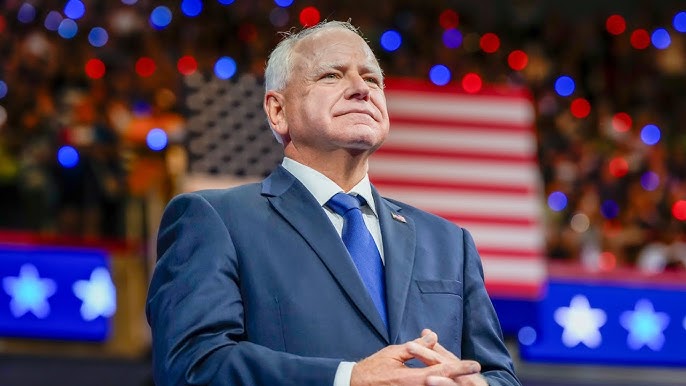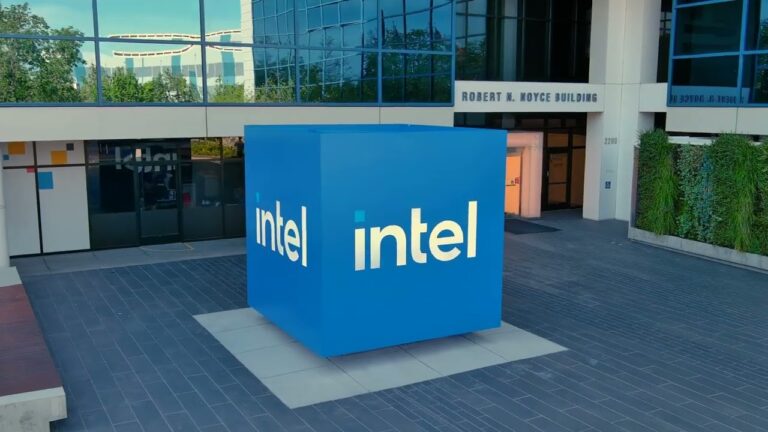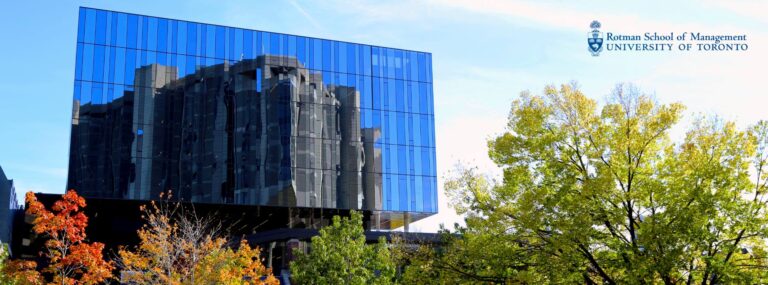“In the fateful summer of 1989, Tim Walz was a newly-minted college graduate who made a decision that would set his future. As widespread protests erupted in Tiananmen Square, with many scrambling to leave China, Walz decided to stay. “It was my belief at that time that diplomacy was going to happen on many levels, certainly people to people,” he said last week, looking back at the critical moment during the 25th anniversary of the events.
It was Walz’s resolve that took him to a southern China high school to teach English. That really sealed his deal for him with China and really changed his whole perspective so much. Since then, Walz has returned to China over 30 times, visiting for his honeymoon and adding to his personal and professional story of long-term involvement with the country.
Now, with Walz the Democratic vice-presidential nominee to President Joe Biden alongside Vice President Kamala Harris, all that experience in or around China is on display, although the campaign has him hewing to his Midwestern, rather than international, background.
Walz’s China Journey
Arriving in China in 1989 upon troubled political waves, Walz had buried himself in the teaching process and had a far-reaching impact on his students. Indeed, they even once referred to him by the name “Fields of China,” which afforded a measure of respect with an air of a gentler temperament. As a matter of fact, one Christmas, his students presented him with a Christmas tree fully decorated, which touched his heart.
After his return to Nebraska in 1990, Walz spoke publically of his experiences in C., stressing the preparedness of the Chinese people under new leadership. He traveled ever the more toward his goal in life by marrying another teacher, Gwen Whipple, in 1994. They led groups of his students on educational trips to China so that they could know its culture and history but also the political problems of it.
Walz’s experience in China wasn’t just the thing of knocking off a life resume off his bucket list; it also forged his politics. Serving in the U.S. House of Representatives from 2007 until last year, he made the China experiences a focus of his years of speeches. He served on the Congressional-Executive Commission on China, and he advocated for human rights causes, most notably the Hong Kong Human Rights and Democracy Act.
” Walz, though, has proven more capable of developing a sense of nuance on the U.S.-China relationship, undergirding pointed critiques of the Chinese government: ” I certainly was under the illusion that liberalizing trade and openness would have a significant impact on the liberalization of personal freedoms. I have now seen that is not the case.”.
Walz’s narrative reveals a tangled skein of personal connectivity and political allegiance that transcends a rather intricate saga of international relations, which may in turn mold and shape the office of Vice President.




+ There are no comments
Add yours